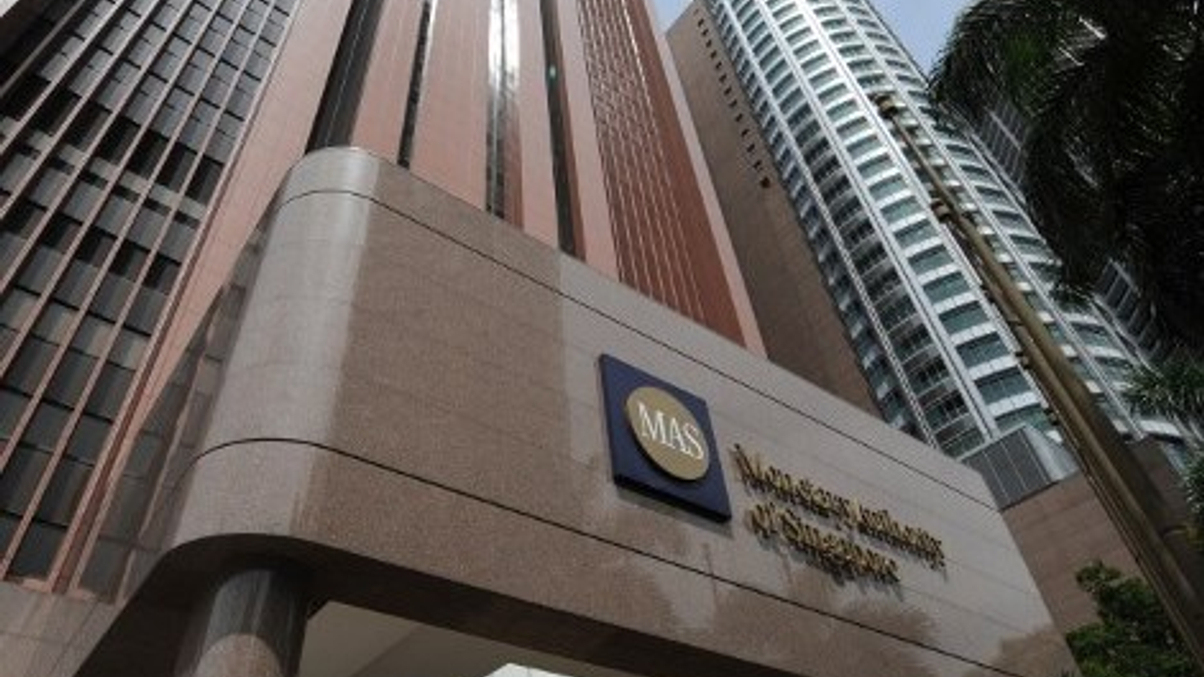Singapore eyes VCC changes to reel in more family offices
The city-state is considering updating its recent variable capital company structure, a step that could enhance its allure as a destination for single-family offices versus Hong Kong.

Singapore is looking at strengthening its appeal as a hub for single-family offices (SFOs) through potential updates to its new variable capital company (VCC) rules, AsianInvestor can reveal.
Sign in to read on!
Registered users get 2 free articles in 30 days.
Subscribers have full unlimited access to AsianInvestor
Not signed up? New users get 2 free articles per month, plus a 7-day unlimited free trial.
¬ Haymarket Media Limited. All rights reserved.


